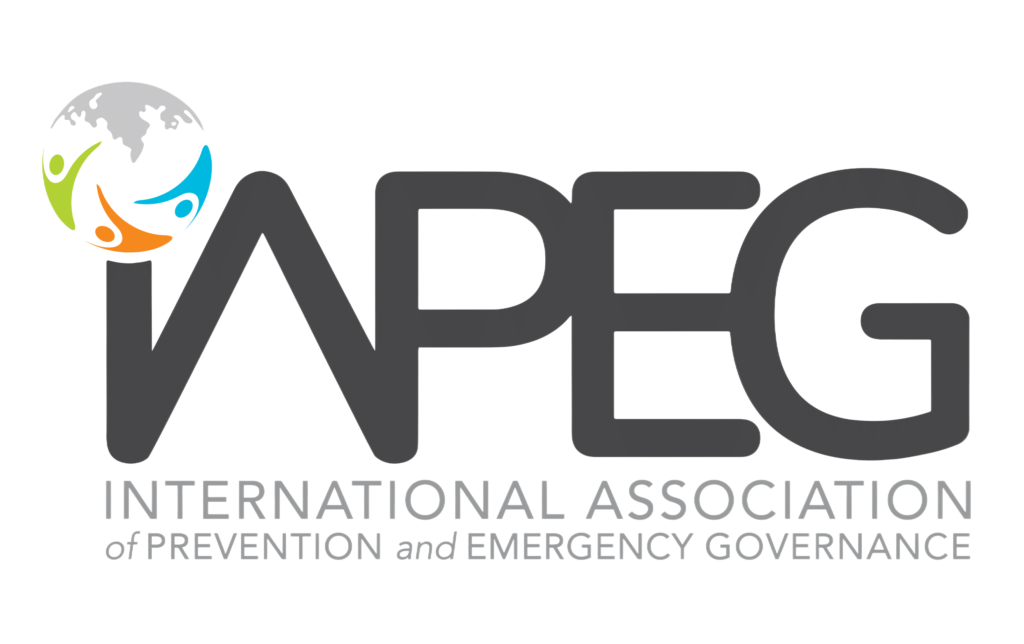
Menu


Prevention and Emergency Governance tailored to equip professionals, policymakers, and community leaders with essential skills, knowledge, and strategies:

This curriculum provides a well-rounded education in prevention and emergency governance, equipping participants with both theoretical knowledge and practical skills to manage risks, respond effectively, and foster resilience in their communities.










The curriculum offers foundational knowledge in emergency governance, including risk assessment, hazard identification, and effective emergency preparedness. Participants gain practical skills in planning, communication, and coordination for crisis situations, ensuring they are well-equipped to manage diverse challenges.

Courses emphasize community involvement, resilience building, and collaboration among stakeholders, including local leaders and vulnerable groups. Additionally, participants explore policy development and regulatory frameworks, fostering strong governance practices for improved public safety.
The curriculum integrates emerging technologies, such as data analytics, AI, and real-time monitoring, to enhance emergency management and resilience. This forward-looking approach ensures that participants are adept at leveraging innovation for improved outcomes in prevention, response, and recovery.